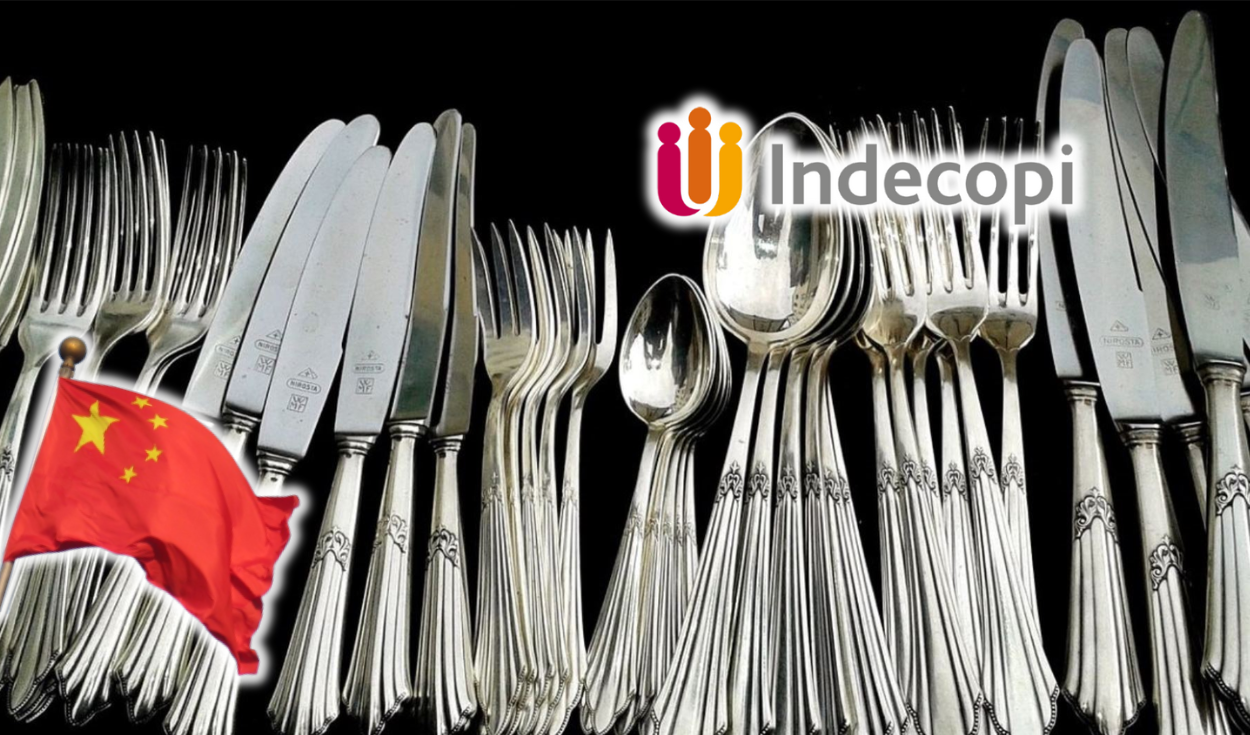
INDECOPI imposes provisional anti -dumping rights on table cutlery imports from China, after research on dumping practices in 2023.
The National Institute for the Defense of Competition and the Protection of Intellectual Property (INDECOPI) decided to impose rights Provisional anti -dumping to the imports of table cutlery from China. This measure is derived from an investigation carried out on the products that entered the country during the year 2023.
Indecopi opened the investigation in April 2024, in response to a request submitted by the National Company of Creadrade SA (Facusa) in January of the same year. From this, there were evidence that suggested the possible existence of dumping practices, as well as the negative impact on the company and in the Peruvian industry of production.
What is the anti -dumping law imposed by Indecopi?
First, anti -dumping law is presented as a commercial defense strategy designed to counteract the negative effects that arise from the importation of products sold to prices lower than its usual value, phenomenon known as dumping. This regulation aims to safeguard the national industry that manufactures similar goods and establishes a surcharge on the price of goods entering the country.
How was Indecopi’s investigation?
The investigation began on April 27, 2024, after it was confirmed that the request submitted by Facuse It included sufficient evidence to support the complaint. The analysis, which covered the period from January 2021 to December 2023, revealed undervaluation patterns in the prices of imported cutlery from China. The articles involved in the alert cover holders, spoons, teaspoons and common metal knives, all with a thickness that does not exceed 1.5 millimeters.
The dumping, subsidies and elimination commission of non -tariff barriers from INDECOPI reported that the nationalized prices of these items were constantly maintained below the production price of the Peruvian industry, which caused considerable losses for the national production branch (RPN). The data reveal that the undervaluation of products reached 14% in 2021, increasing to 16% in 2022 and reaching alarming 24% in 2023.
In a hypothetical analysis, if the RPN had adjusted its internal prices to reflect the production costs, the average undervaluation of the products from China would have been 29.9%. This behavior in prices, together with a notable increase in the volume of Importshas further complicated the situation of the national industry.
Follow the Republic at WhatsApp! Join our channel from your cell phone and receive the most important news from Peru and the world in real time.
Source: Larepublica
Alia is a professional author and journalist, working at 247 news agency. She writes on various topics from economy news to general interest pieces, providing readers with relevant and informative content. With years of experience, she brings a unique perspective and in-depth analysis to her work.












